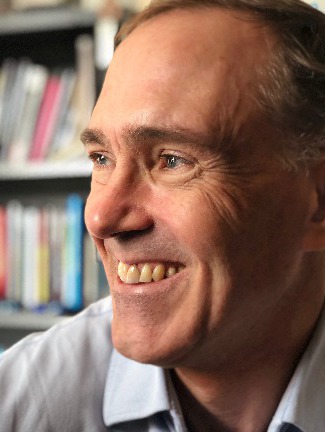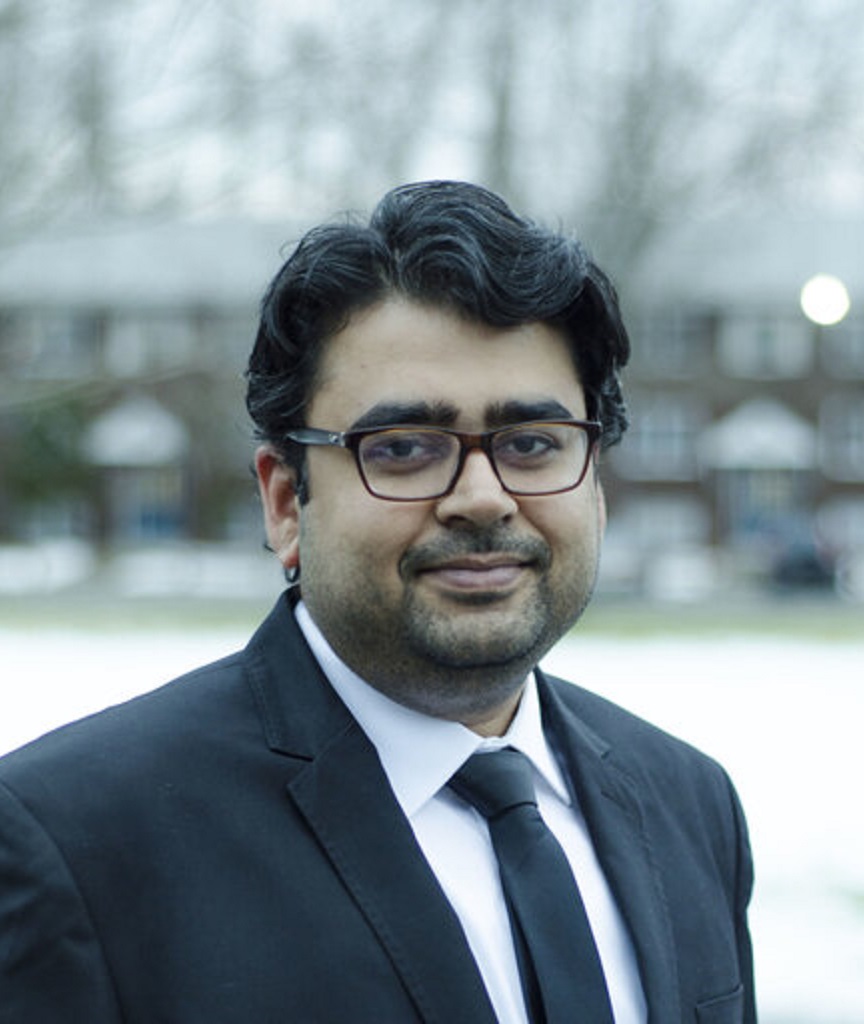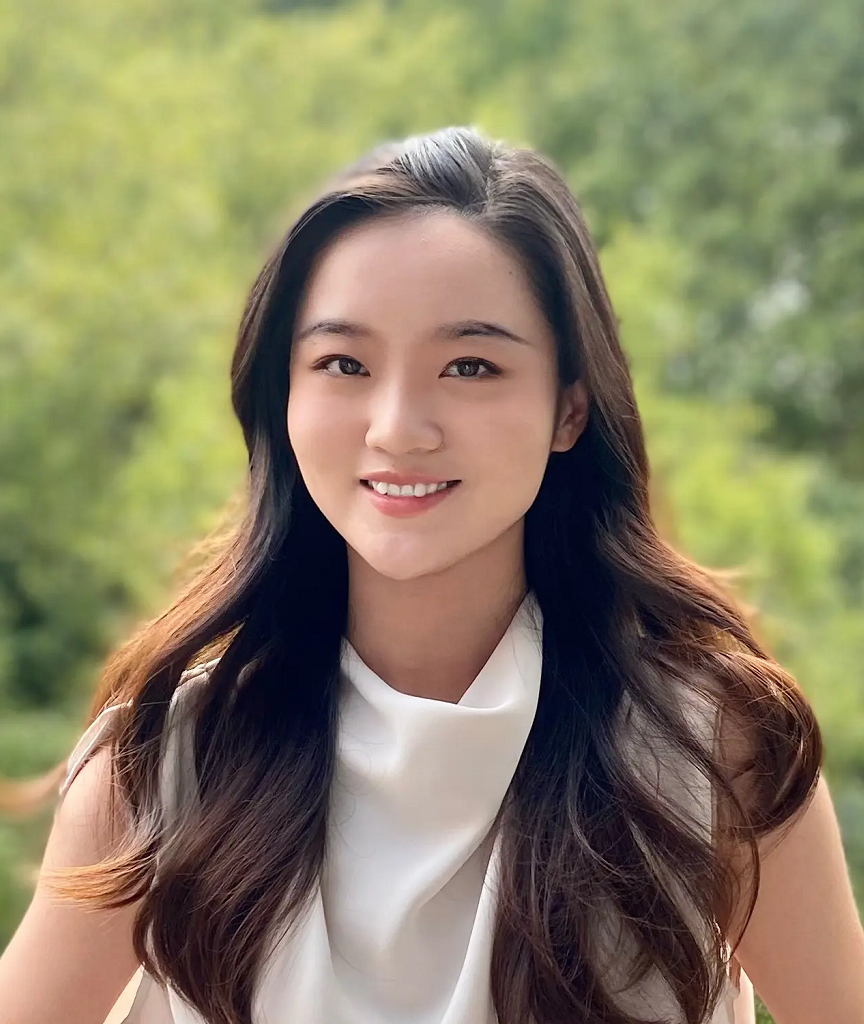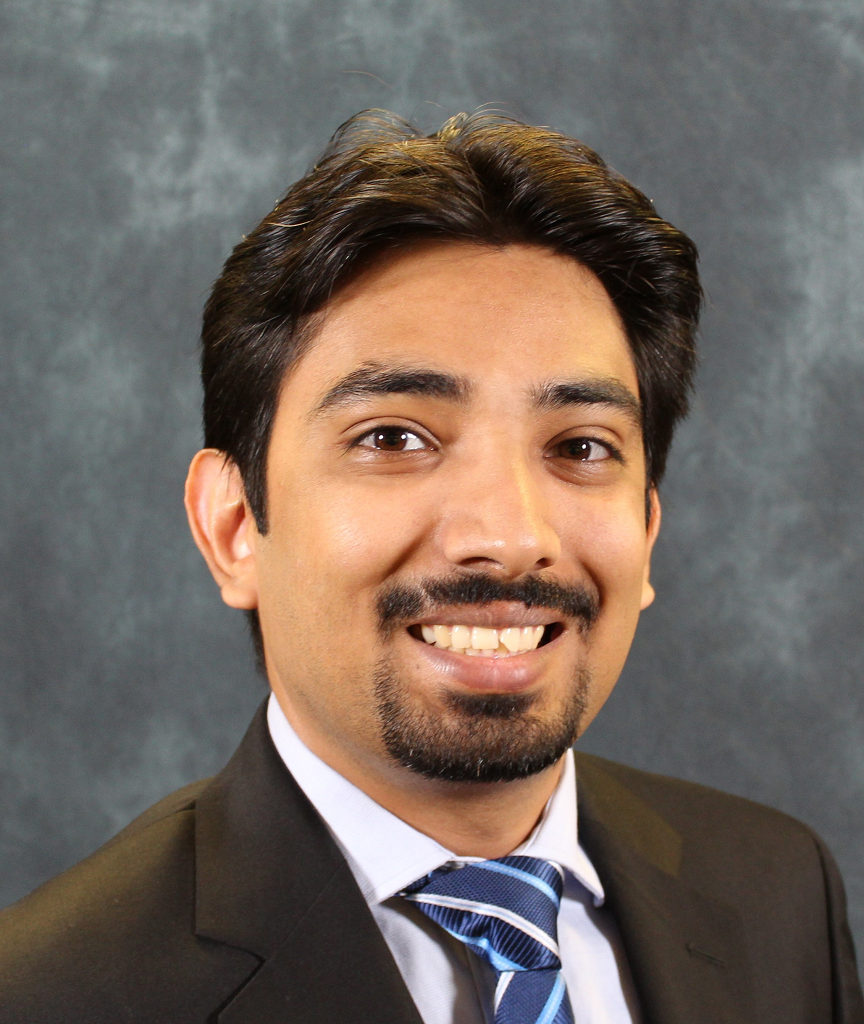Recent advances in automated vehicle technology could lead to a "hybrid society" with close integration of traffic participants with different mobilities. This integration will likely impact their societal acceptance as well. While traditional methods of evaluating safety may be needed, consideration for the overall well-being of traffic participants is necessary. Transportation engineering and psychology researchers have considered the well-being of the overall travel experience. However, these methods seldom consider well-being while traffic participants interact with mobilities. In this workshop, we plan to define and characterize more precisely the considerations for the well-being of traffic participants, the impact of future interactions with semi-autonomous or automated mobility systems in shared spaces, and the design considerations to facilitate cooperative interactions in mobility environments.
Learn MoreAttendance: In-person
When: Sunday, Sept 22, 2024 from 14:00 to 18:00 Pacific Time
Where: Room 123, Paul Brest Hall, located at 555 Salvatierra Walk, Stanford, CA, 94305
Duration: Half-Day (approx. 4 hours)
| 2:00PM to 2:20PM | Welcome, introduction, and ice breaker | The workshop goals will be introduced followed by a round of quick introductions by the participants |
| 2:20PM to 2:50PM | Keynote on well-being in mobility | "Designing Hybrid Societies to Enhance Well-being" -John D. Lee |
| 2:50PM to 3:30PM | Session 1 on measuring well-being | 2:50PM: "Prosocial Behaviors and Rider Well-being in Hybrid Mobility Systems" -SooYeon Kim |
| 3:02PM: "E-Scooters and Subjective Well-Being: The Roles of Skill Level and Automation?" -Gaojian Huang | ||
| 3:15PM: "Prosocial Behavior Modeling through Multimodal Machine Learning for Wellbeing in Mobility" -Zhaobo Zheng | ||
| 3:30PM to 4:00PM | Coffee break | |
| 4:00PM to 5:00PM | Session 2 on prosocial behavior and well-being | 4:00PM: "Understanding Human-machine Cooperation in Game-theoretical Driving Scenarios amid Mixed Traffic" -Na Du |
| 4:15PM: "Exploring Human-AI Teaming in Emotion-Driven Interactions" -Jackie Ayoub | ||
| 4:30PM: "Toward Promoting Prosocial Interactions Between Humans with Autonomous Agents" -Xinyue Hu | ||
| 4:45PM: "Socially Persuading Prosocial Behavior in Humans using Automation: A Design Framework and Theoretical Model" -Sidney Scott-Sharoni | ||
| 5:00PM to 5:40PM | Group Discussions | Participants will be separated into 3-4 groups. Each group will discuss the topics and questions based on the sessions as starting points. |
| 5:40PM to 6:00PM | Closing Remarks | |

Research and design in transportation focus on ensuring safe interactions between travelers. Because transit consumes more than 10% of most people's lives, the transit design in hybrid societies should go beyond safety to consider well-being. Hybrid societies bring challenges and opportunities to well-being as technology increasingly mediates social interactions. Designing for well-being needs a definition of well-being, as well as an understanding of the measures, mechanisms, and methods to enhance well-being. Because well-being spans happiness to human flourishing, this presentation draws on findings that span positive psychology and neuropsychology. Central to all conceptions of well-being are social interactions with others. Hybrid behavior can be more or less social and accommodating of others'’' needs. Sociality and social situations can be defined objectively with game theory, which could guide algorithm design. Equally central to well-being is the subjective experience of sociality, which depends on cognitive re-appraisal and hedonic calculus. The broad span of well-being suggests future work should consider other aspects of well-being, such as finding purpose and developing self-awareness.
Dr. John D. Lee is the Emerson Electric Professor at the University of Wisconsin-Madison in the Department of Industrial and Systems Engineering and director of the Cognitive Systems Laboratory. He also has an adjunct appointment in the Department of Civil and Environmental Engineering. His academic background includes a PhD in Mechanical Engineering, an MS in Industrial Engineering, and a BS in Mechanical Engineering and Psychology. Dr. Lee’s research focuses on the safety of complex human-machine systems by considering how technology mediates attention. Much of his research considers how human behavior interacts with advanced automation to affect transportation safety. This research has been funded by NSF, NASA, ONR, NHTSA, FHWA, DOJ, Nissan, Toyota, Honda, and GM. He has written extensively about advanced transportation technology and the consequences for system safety. He is also the lead author of a popular textbook, Designing for People: An Introduction to Human Factors Engineering.
Shashank Mehrotra is a Senior Scientist at the Human Centered Intelligence group in Honda Research Institute, Inc., San Jose, California. He received his Ph.D. in human factors engineering from the University of Massachusetts, Amherst, in 2021. His research interests are studying technology acceptance in mobility systems, studying behavioral patterns in dynamic traffic environments, and understanding the safety impact on vulnerable population groups.


Mengyao Li is an Assistant Professor at Georgia Tech in the School of Psychology and director of the Hybrid Intelligence (HI) Lab. She received her Ph.D. from the University of Wisconsin-Madison in the Department of Industrial and Systems Engineering. Her research interests lie in the interaction of human and machine intelligence. Specifically, Dr. Li understands, predicts, and shapes human-AI communication, social cooperation, and long-term coevolution in safetycritical environments.
Kumar Akash is a Principal Scientist at the Human Centered Intelligence group in Honda Research Institute, Inc., San Jose, California. He received the B.Tech. degree in mechanical engineering from the Indian Institute of Technology Delhi, New Delhi, in 2015 and the M.S. and Ph.D. degrees from Purdue University, West Lafayette, Indiana, in 2018 and 2020, respectively, all in mechanical engineering. His research interests are developing human-aware automated systems using dynamic modeling and optimizing human behavior and cognitive states.
